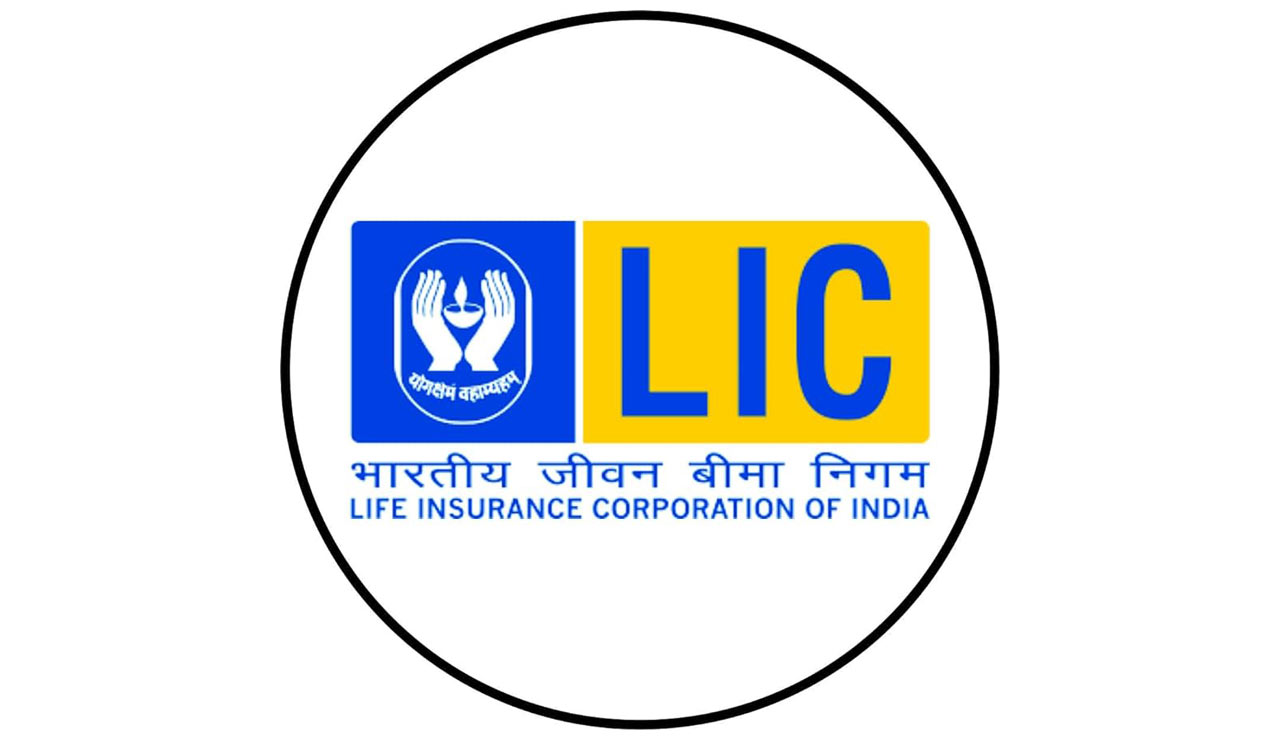Beyond the Billions: Why Quality Climate Adaptation Finance is Key for NZ and the Pacific

For years, the sheer quantity of climate adaptation finance has dominated discussions, particularly in international climate negotiations. Developing nations, including many in the Pacific region vital to New Zealand, have rightfully pushed for increased funding. However, the real question isn't just how much money is being pledged, but how effectively it's being used. As we head towards future COPs and increasingly feel the impacts of climate change here in Aotearoa, focusing on the quality of adaptation finance is paramount to achieving tangible results.
The debate surrounding climate finance reached a fever pitch at COP29 in Baku. While pledges were made, concerns remain about the delivery, accessibility, and impact of existing funds. Simply throwing money at the problem without careful planning, local ownership, and robust monitoring mechanisms is a recipe for wasted resources and missed opportunities. This is especially true for vulnerable island nations in the Pacific, who face existential threats from rising sea levels, extreme weather events, and changing ecosystems.
So, what does 'quality' adaptation finance look like? It's a multifaceted concept, encompassing several key elements:
- Local Ownership & Participation: Projects must be designed and implemented with local communities, not for them. Indigenous knowledge and traditional practices are invaluable in adaptation strategies.
- Needs-Based Approach: Finance should be directed towards the specific, prioritised needs identified by vulnerable communities, rather than dictated by donor agendas.
- Prioritising Resilience-Building: Focus on long-term resilience building, encompassing infrastructure improvements, ecosystem restoration, diversified livelihoods, and strengthened disaster preparedness. Think beyond short-term emergency relief.
- Effective Monitoring & Evaluation: Robust systems are needed to track progress, measure impact, and ensure accountability. Transparency is crucial.
- Technical Assistance & Capacity Building: Providing technical expertise and training to local communities and governments is essential to ensure projects are sustainable and effective.
New Zealand has a crucial role to play in championing quality adaptation finance. As a developed nation with a strong commitment to the Pacific, we need to:
- Advocate for reform within international climate finance mechanisms: Pushing for greater transparency, accountability, and direct access for developing countries.
- Prioritise quality over quantity in our own bilateral aid programs: Ensuring our investments in Pacific adaptation projects adhere to the principles outlined above.
- Share our expertise and best practices: Aotearoa has valuable experience in disaster risk reduction and community resilience that can be shared with our Pacific neighbours.
The climate crisis demands urgent action. While increased funding is undoubtedly necessary, shifting our focus to the quality of adaptation finance is essential to ensure that every dollar spent delivers real, lasting impact for the most vulnerable communities, both in the Pacific and here at home. Let's move beyond simply counting the billions and start measuring the resilience we're building.





)
